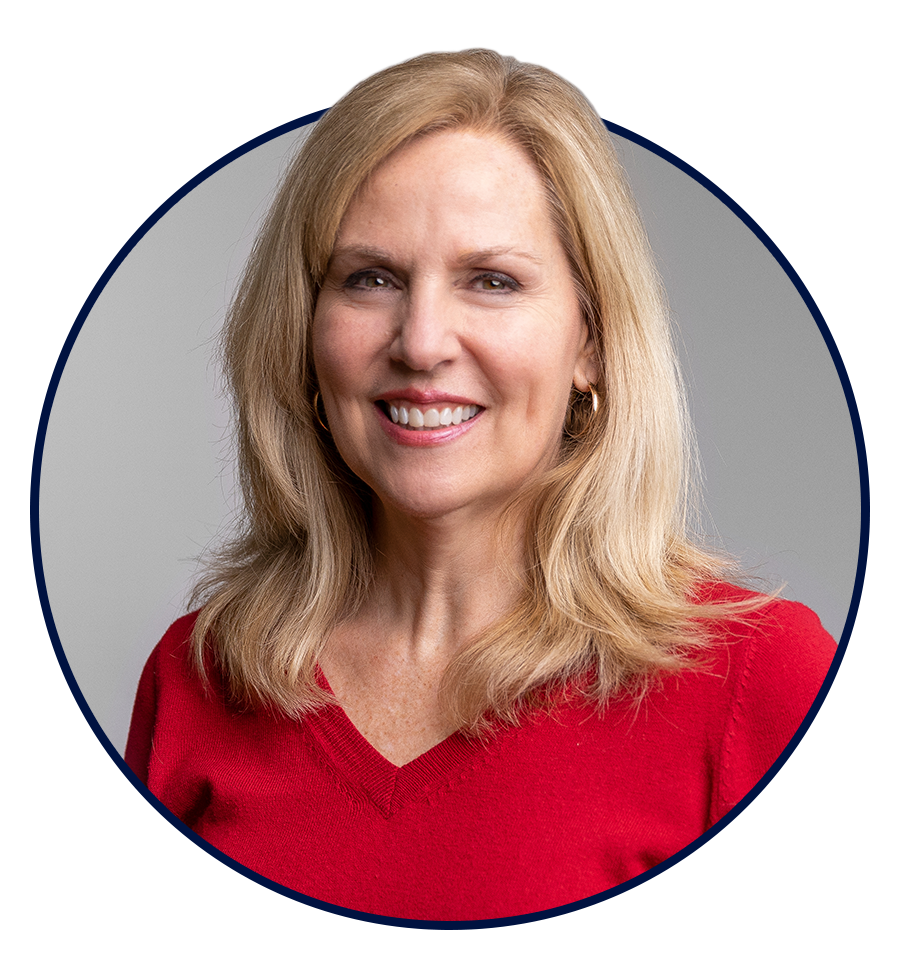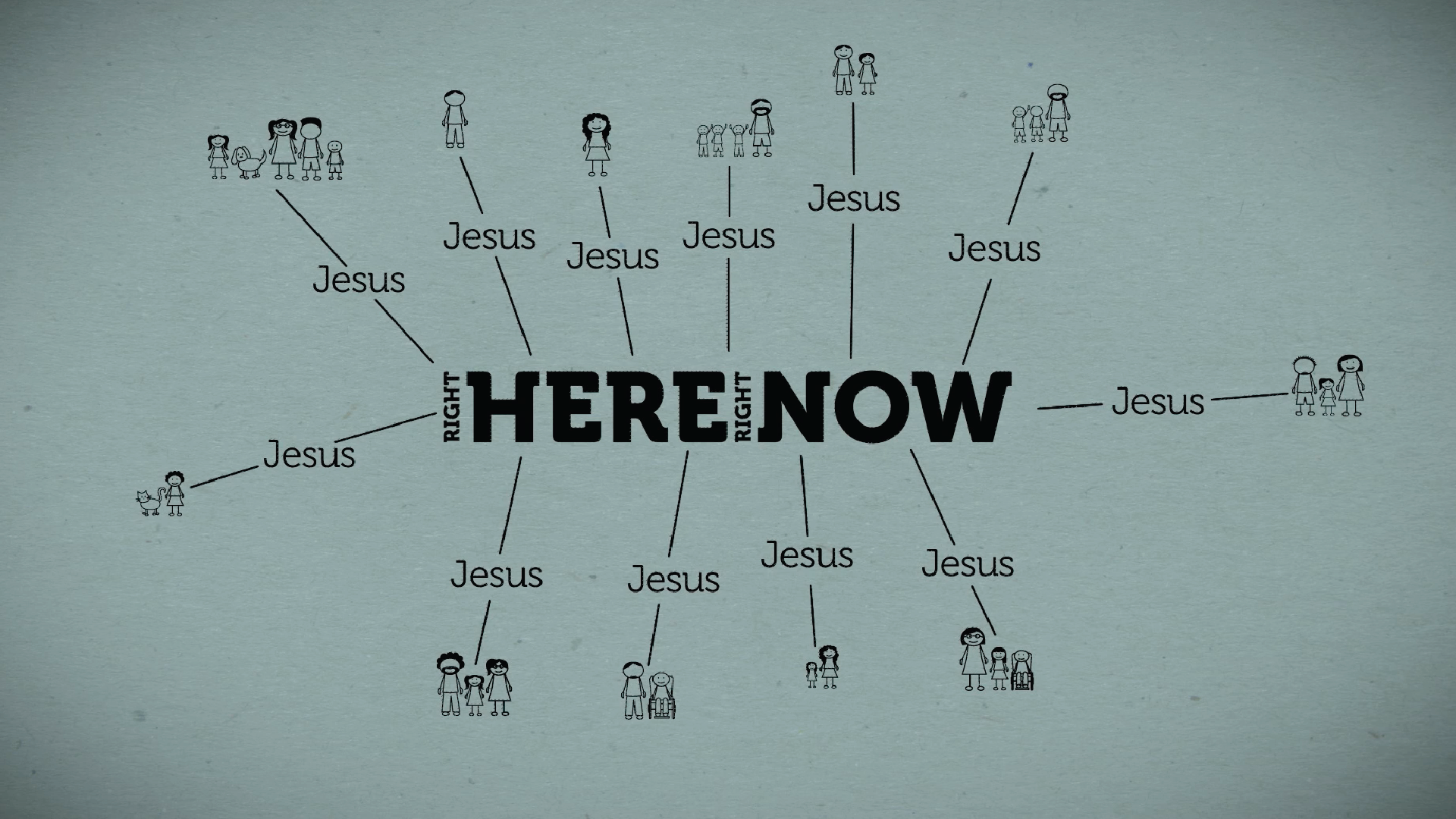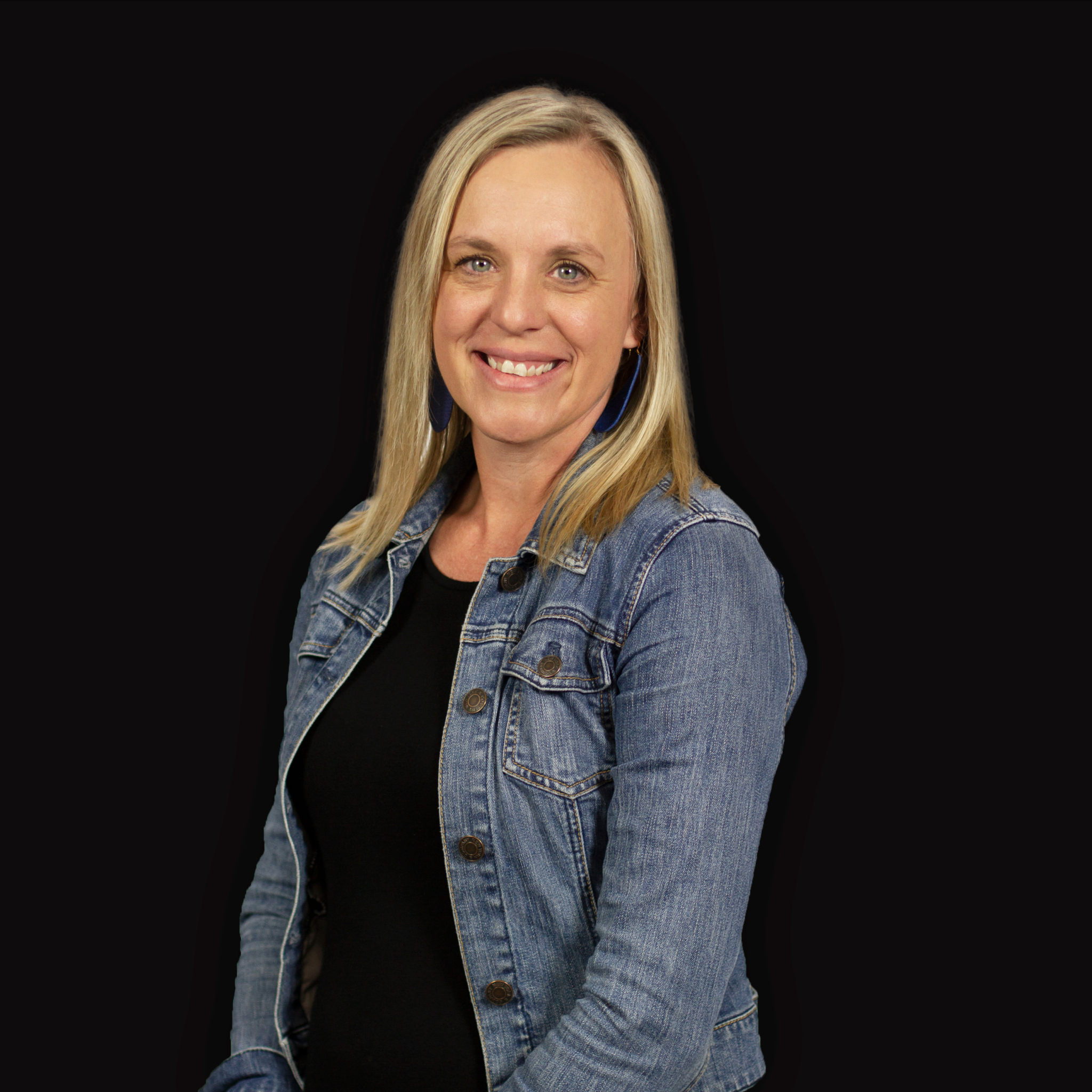Right Here, Right Now: How One Church Benevolence Program Connects to Those in Need
 Sonya Stearns
Sonya Stearns
Network Membership Manager
Read more from Sonya
Listen to this article:
“People just want to be seen and heard.” That’s what the director of Right Here, Right Now (RHRN), the benevolence ministry of Christ’s Church of Oronogo (CCO), Missouri, has learned. In fact, Allison Stump finds that when those seeking financial help leave her office after their first visit, they express relief and gratitude, even though they leave with no material aid in hand. They are seen, and they are heard. Every person has a story, and Allison takes the time to listen to it — right where the person is, right in their time of need.
In late 2010, CCO, a church that now averages approximately 2500 worshipers on campus each week, wanted to help those within their congregation experiencing dire financial straits. They also wanted to share the gospel with their community through a benevolence program that wasn’t the typical, non-relational, “hand-out” program, but that compassionately served people while helping them developmentally to address underlying causes that contributed to their situations. They named the effort, Right Here, Right Now (RHRN).
They framed this approach by biblical example: In the same way Peter and John directed their gaze at the lame man in Acts 3, the church could direct its gaze to their local community, intentionally seeking opportunities to share the gospel by meeting the physical needs of those around them.
Indeed, the opportunities came. On May 22, 2011, just months after launching, the region’s most devastating natural disaster occurred: the Joplin Tornado. RHRN quickly became a foundational element for healing in the area. Their efforts during that time grew the church’s reputation as one that genuinely loved their community.
RHRN is not your typical church benevolence program. Its beginnings might mirror others in that they felt the need to minister to the poor, recognized their abundant resources, and someone was motivated to take a leadership role. But, its system is very different in that it’s at the top of the church’s weekly priorities, each member is given the opportunity to contribute at every service, and it’s NOT part of the church’s operating budget.
RHRN funds their effort by asking worship service attendees to give $1 above their tithe each week. This allows the RHRN fund to stay solvent yet does not detract from the church’s general operating budget.
Church attendees stay mindful of the needs and situations of neighbors, co-workers, friends, and family members. If a need is discovered, they can submit an online request form or complete a paper request form available in the church’s main lobby.
RHRN has 3 “Tiers of Requests” to represent prioritization.
Tier 1 is made up of requests by CCO attendees, either for themselves or on behalf of other CCO attendees. Tier 2 is also made up of requests by CCO attendees but on behalf of a non-CCO attendee. If there is a question about a request in Tier 1 or 2, RHRN minister, Allison Stump, contacts the requester. She does not communicate with the person who has the need if someone has requested help on their behalf; the requester does so.
Tier 3 is made up of requests by non-CCO attendees — people who call or stop by the church. They must schedule an appointment to meet face-to-face with Allison, whose goal is to learn their background, discern the context, and discover the best way to help them. They must fill out an application and agree to have their information placed in the Charity Tracker system to prevent abuse by anyone seeking duplication of services from other community organizations.
During the meetings with Tier 3 requesters, Allison prays with them and connects them to other developmental CCO ministries such as counseling, Redemption Recovery, GriefShare, Divorce Care, and many others. Or, if needed, she sends them to partnering community programs. Allison discovers deeper needs during these meetings and often hears, “Thank you for listening to me.”
(Network Members: A detailed review for GriefShare can be accessed on the member portal by clicking the link above. Non-Members: Learn more about this benefit and others available through True Charity Network membership.)
By Monday afternoon of each week, Allison shares the week’s requests with an anonymous six-person committee who pray and deliberate over them. Only she and the church elders know the identities of these members, alleviating the possibility of someone biasing a situation.
These committee members have backgrounds with varying demographics and represent the church body’s makeup. One is a church elder who keeps the elders informed.
Allison uses a resource called AirTable to confidentially share pertinent information—making the process as efficient as possible. Committee members are able to view requests, comment, and “banter” with each other. She says using this resource has been a game-changer for the program.
The RHRN committee uses Monday and Tuesday to deliberate, and on Wednesday, Allison can tell potential recipients if RHRN can help them. The committee makes that decision — not one person — which gives freedom and security from potential backlash in case of a negative outcome. Their engagement also eliminates the potential for abuse by recurring requests and helps to reduce dependency on RHRN’s assistance.
No cash assistance is given. Checks are written to the company needing payment, or specific gift cards are issued to families needing gas or groceries.
Allison contacts the Tier 1 and Tier 2 church attendees with the decision, and those individuals make an appointment to secure pickup. The CCO attendees seeking help on behalf of a non-CCO attendee deliver the check or gift card personally to the individual or family in need. They pray with them and take steps to connect recipients to CCO programs or other community ministries for long-term help.
Similarly, Allison contacts the Tier 3 recipients (non-CCO attendees) who must make an in-person appointment to receive the check or gift card. Once again, she tries to connect them with relevant ministries of the church or community and offers to accompany them to their first meetings of these ministries.
During their appointment, Allison tells recipients, “Every dollar of this gift comes directly from individual family members to help you. This was not a church budget item.” By doing this, she stresses to individuals that actual people are showing compassion to them through their personal giving. This act of love is not a cold, institutional transaction.
In the meantime, Allison sends Tier 3 recipient information to the pastoral staff using a spreadsheet like the one found here. Two to four weeks after recipients are helped, a pastor phones each one, prays with them, gets updates, and once again tries to connect them with ministries in the church or community.
Subsequently, social media posts and announcements during the main worship services are made each week, keeping every CCO member aware of the specific help that is given.
Not surprisingly, the program receives incredible support from the community and has a stellar reputation with local residents. Other community programs frequently send people their way when appropriate, and RHRN has working relationships with them in return.
Veteran charity and church workers know people’s greatest need is often not material, but relational. Discovering how to best assist in this area takes more than checking off boxes on a form. RHRN strives to help where individuals need it most, and they work to find out where that is. They connect the dots to the best long-term and relational help and encourage CCO members to do the same.
If you represent a church or other organization wishing to start a similar program, Allison suggests that you ensure your church or constituents are “all in.” Their church’s support has been the secret to their success.
Likewise, she warns, “Beware of recreating the wheel. Don’t double up on what another church or organization is already doing. Find ways to meet needs that aren’t being met, and partner with others, instead of competing with them, to meet those needs.”
Personal interaction and commitment to getting involved with those seeking help are at the foundation of RHRN. So many folks have compelling life accounts, and Allison Stump prioritizes her schedule to listen to their stories. It’s integral to her work.
Fascinatingly, over a decade ago, she herself had a compelling story to tell. She desperately needed to be seen and heard — and she was.
As a young, single mom who struggled financially, with a son who needed an expensive but necessary dental procedure, Allison was unable to scrape up the funds to pay for it. That’s when folks from Right Here, Right Now heard her story, and she experienced —firsthand —compassion from folks who took the time to see and hear her.
Now, as the director of that very same ministry, she encourages others to do the same. See them. Hear them. Right where they are, right now.



